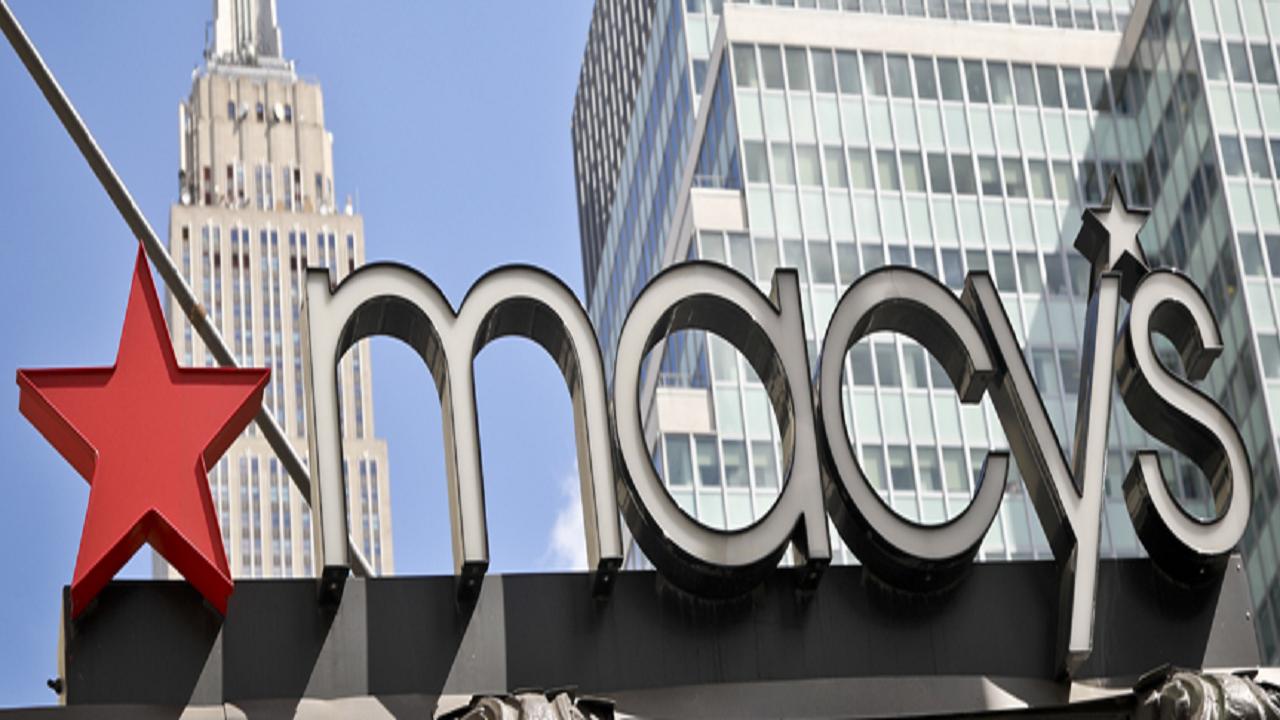Macy's chief vows profit growth after store closings, 'fashion misfires'
'Reclaim and redefine what a department store can and should be'
Macy's CEO Jeff Gennette conceded the timing of the retailer's annual pep rally for investors was awkward, coming the day after he announced 125 store closings and slashed 2,000 jobs.
But he promised the painful changes were necessary and would leave the 169-year-old retailer stronger and more agile as it grapples with seismic shifts in the retail industry, where consumers are splicing online shopping with store visits while malls that once buoyed traffic are fighting an existential battle of their own.
GET FOX BUSINESS ON THE GO BY CLICKING HERE
"The retail environment is moving faster than we are, and we knew we needed a clear vision and an updated strategy," Gennette told shareholders on Wednesday. Sales at Macy's stores open at least a year sank 3.5 percent in its most recent quarter, the first decline in nearly two years, he said.
Overall, "2019 was a tough year for Macy's Inc. and, frankly, did not play out as I intended," the CEO added. "While we executed Holiday '19 well, our quarter-to-quarter performance was inconsistent."

Women shop for handbags at Macy's flagship store in New York. (REUTERS/Andrew Kelly/File Photo)
The initiative he put together in response aims to return the store to profit growth, with earnings of as much as $3 a share in 2022, while focusing on strengthening customer relationships, curating quality fashion, accelerating digital growth and optimizing its store portfolio.
Macy's predicts it will improve gross profit margin by $600 million over the next three years while saving $900 million on overhead costs.
MACY'S CLOSING MORE THAN 100 STORES
The company's shares rallied 3.5 percent Wednesday to $17.04 as executives offered more details on the strategy, dubbed Polaris. It takes its name from the star in Macy's logo, which was itself inspired by a tattoo founder Rowland H. Macy got while crewing a whaling ship in the 19th century.
"Our plan is grounded in a deep understanding of how America shops today and what is unique about Macy's," Gennette said, describing how executives plan to address the company's challenges.
The portfolio of stores, for instance, was "too large to maintain at brand standards, and we were losing market opportunity," the CEO said.
To streamline itself, Macy's is closing stores in lower-tier malls while refurbishing sites in the best shopping centers, rolling out new merchandising strategies for them and spending on local marketing efforts.
"We are stepping up to reclaim and redefine what a department store can and should be."
CLICK HERE TO READ MORE ON FOX BUSINESS
The company plans to rebound from fashion misfires by "curating the latest trends," offering exclusive products and high value on top-tier trends while delivering strong profit margins, he added.
The closing of one of its two headquarters sites, in Cincinnati, Ohio, will pare costs and centralize operations in New York, where the digital business will also be based.

Even after the closings, the company will operate an estimated 400 Macy’s stores along with 40 Bloomingdale’s stores and more than 150 Bluemercury beauty stores. It is a far cry from its heyday after the merger of Federated Department Stores with May Department Stores in 2005.
Then, it boasted more than 800 department stores, including the Bloomingdale’s chain, though the company rebranded beloved local stores -- Marshall Field in Chicago and Hecht's in Washington, D.C. -- as Macy's, alienating some shoppers even though it boosted efficiency.
This year, Gennette said, he's confident that Macy's can stabilize profit and cash flow and get back on track toward earnings growth.
"We are proud of our heritage and the unique role we play in American culture and tradition," he said. "We are stepping up to reclaim and redefine what a department store can and should be."




















